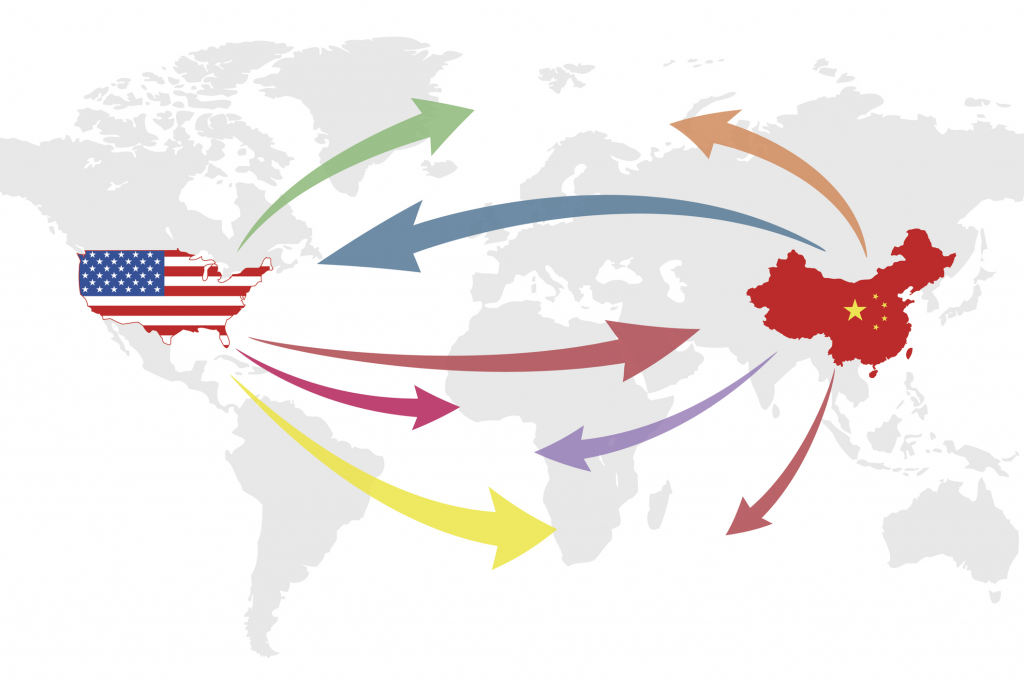Funding Available for US-China Research Collaborations

If you are an American or Chinese psychological scientist and are interested in collaborating across the two countries’ borders, you may be interested in a unique funding opportunity offered the US National Institutes of Health (NIH) and the National Natural Science Foundation of China (NSFC). This funding opportunity will support research in the areas of mental health, cancer, environmental health, neurological disorders, and other areas of potential interest to psychological scientists.
This program, called the US-China Program for Collaborative Research, invites US and Chinese investigators to work jointly to submit applications to NIH and NSFC. The two institutions welcome submissions tackling many topics, from research connected to the NIH Research Domain Criterion (RDoC) domains and constructs to the behavioral science of cancer. A full list of funding priorities can be found on the NIH request for applications.
“Applicants are encouraged to pursue research that takes advantage of unique scientific resources and explores novel scientific questions that can be well addressed only through a partnership between American and Chinese research teams,” reads the announcement.
NIH has set aside approximately $4.6 million for this program, and aims to support projects of up to $150,000 annually in direct costs. Applications are due February 21, 2019.
To learn more about this funding opportunity, please click here.
Given the complexity of this particular funding announcement, APS recommends reading the opportunity closely and contacting relevant NIH staff, listed at the bottom of the funding opportunity page, prior to seeking funding.





APS regularly opens certain online articles for discussion on our website. Effective February 2021, you must be a logged-in APS member to post comments. By posting a comment, you agree to our Community Guidelines and the display of your profile information, including your name and affiliation. Any opinions, findings, conclusions, or recommendations present in article comments are those of the writers and do not necessarily reflect the views of APS or the article’s author. For more information, please see our Community Guidelines.
Please login with your APS account to comment.